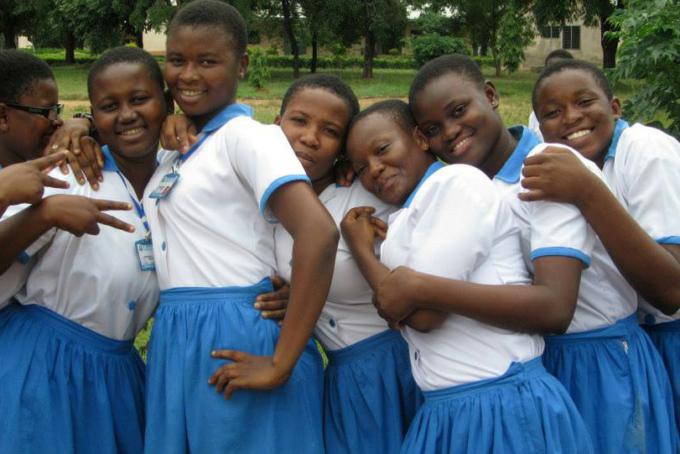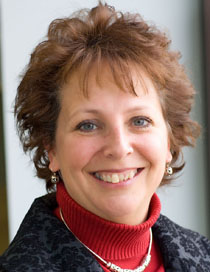
Faith

Heil
If you educate a boy-child, you educate a man. If you educate a girl-child, you educate a nation.
-African Proverb
In many mission countries, where the Catholic Church is the largest provider of social services, an important goal has become the better inclusion of girls in the education system. In many places, it is an uphill battle.
The barriers to education for girls are many -- poverty, child marriage or gender-based violence are just the beginning of a long list that varies among countries and cultures. In some places, the lack of basic sanitation and access to hygiene products keep girls at home on a regular basis, until it becomes a habit, and then, permanent.
In the Diocese of Damongo, Ghana, Bishop Peter Paul Y. Angkyier has made the education of girls one of his priorities.
Founded in 1995, Damongo is a young Church located in a poor area. It is a multi-ethnic place where most people still practice traditional Africa religions. Lack of access to education, and therefore high illiteracy, is one of the largest problems -- especially among girls. According to UN statistics, the poorest Ghanaian girls receive only four years of schooling.
Bishop Peter Paul tells us, "An area of priority as a Diocese among such a highly illiterate population has been the support and provision of access to basic Catholic education for the most deprived, especially the girl-child. Unfortunately, the women are often the most disadvantaged in this area as many, sadly, think that it is a waste of time and resources to educate the girl-child, resulting in more than 89 percent of women being illiterate. This situation sometimes forces some women associations, for example the Christian Mothers' Association, in some parishes to solicit male secretaries at their meetings since no woman in the whole group can read or write."
To lead the change for girls, the diocese started a boarding school. Besides providing them with basic education, the schools teach our faith and form part of the diocese's evangelizing effort.
Eager to continue with their education, the girls needed a secondary school and Saint Anne's Girl's Senior High was born. As a growing number of girls seek to enroll in these schools, expanded facilities are needed.
When girls receive a Catholic education in the missions, it is more likely that their children will as well, lifting another generation out of poverty and into a life of faith-filled citizenship.
Join us in the fight to educate girls and educate nations.
- Maureen Crowley Heil is Director of Programs and Development for the Pontifical Mission Societies, Boston.
Recent articles in the Faith & Family section
-
The future of Ordinary TimeLucia A. Silecchia
-
If most of us go to purgatory at death, are Catholics 'saved?'Jenna Marie Cooper
-
Beyond the parishFather Robert M. O'Grady
-
Can you hear the beat of the drum calling the community to Mass? It's the invitation to the banquet!Maureen Crowley Heil
-
Scripture Reflection for Oct. 20, 2024, Twenty-Ninth Sunday in Ordinary TimeFather Joshua J. Whitfield


















